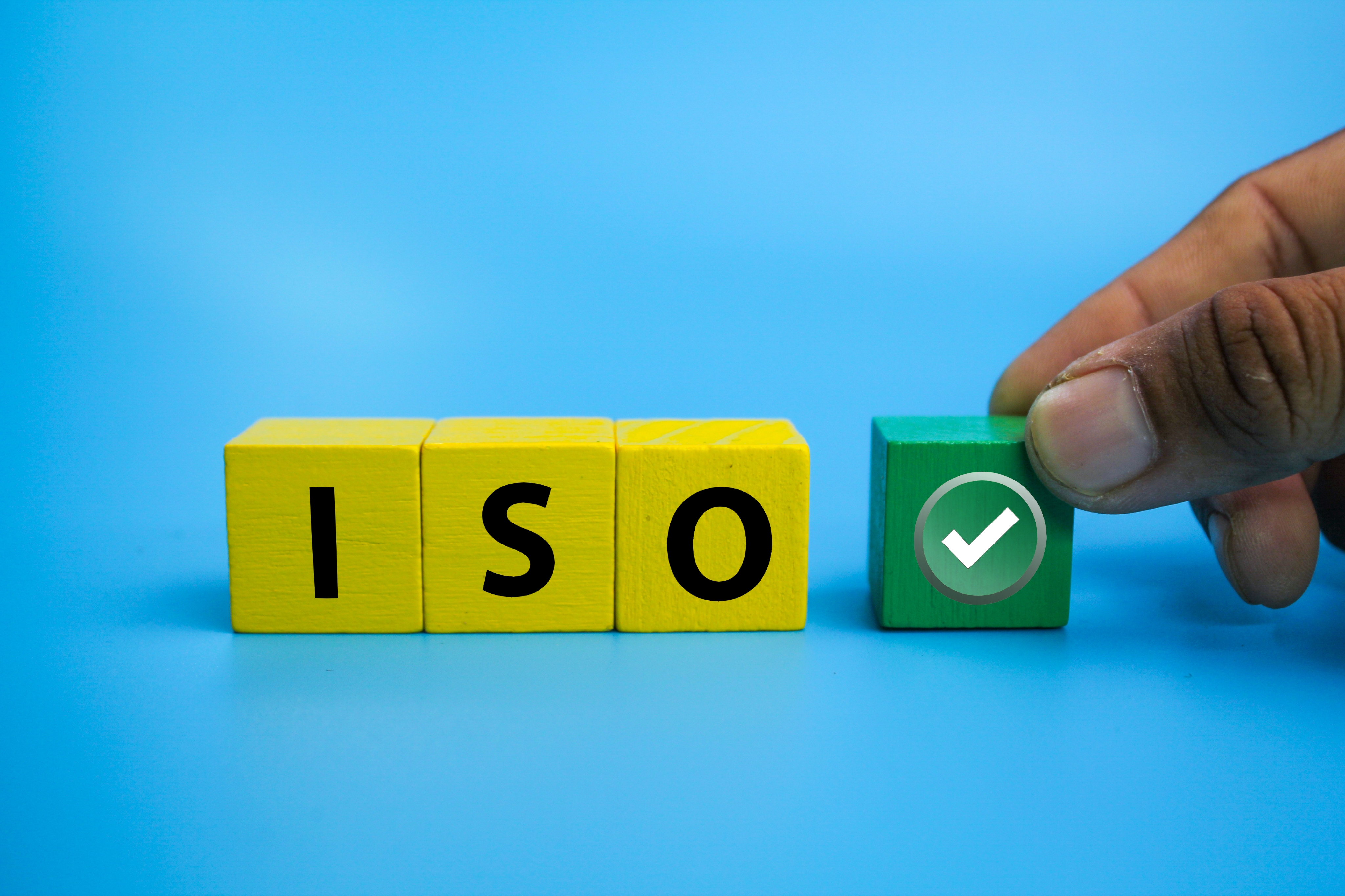ISO 27001 is a globally recognised standard for information security management. It helps businesses protect their data by setting strict guidelines and controls. Implementing this standard can greatly enhance our company’s information security practices. We ensure that all our valuable information is kept secure, reducing the risk of data breaches and cyber-attacks.
Adopting ISO 27001 also helps us meet regulatory requirements and build trust with our clients. Customers and partners feel more confident knowing we have robust security measures in place. As we follow the ISO 27001 guidelines, we increase our operational efficiency and reduce potential legal issues. In this way, ISO 27001 becomes a foundation upon which we can construct a stronger, more secure business environment.
Understanding the Basics of ISO 27001
ISO 27001 is an international standard that outlines the best practices for an Information Security Management System (ISMS). The main goal of this standard is to help businesses protect their information systematically and cost-effectively. This standard includes a set of policies, procedures, and technical controls designed to mitigate risks and ensure business continuity.
To achieve ISO 27001 certification, businesses need to undergo a detailed assessment process. This involves identifying the information that needs protection, assessing potential risks, and implementing measures to address those risks. By following these steps, we can create a secure environment for our valuable data. Certification ensures that our information security practices meet international standards, which can be crucial for building trust with stakeholders and maintaining a competitive edge.
Key Security Improvements with ISO 27001
Implementing ISO 27001 leads to several significant security improvements. Firstly, it helps us identify and address vulnerabilities in our information systems. By conducting regular risk assessments, we can pinpoint weak spots and apply the appropriate controls to prevent data breaches. This proactive approach ensures that we stay ahead of potential threats and maintain a robust security posture.
Another major improvement is the establishment of clear security policies and procedures. With ISO 27001, we create and enforce guidelines for data handling, access control, and incident response. These policies ensure that all employees understand their responsibilities when it comes to information security. Regular training sessions and awareness programs help keep security at the forefront of our daily operations. As a result, we can significantly reduce the risk of human error and internal threats.
Steps to Implement ISO 27001 in Your Business
Implementing ISO 27001 in our business involves a series of well-defined steps. First, we need to get the support of senior management. Without their commitment, it will be challenging to allocate the necessary resources and promote a culture of security throughout the organisation. Once we have management’s support, we can form a dedicated team to drive the process.
Next, we perform a thorough risk assessment to identify potential threats to our information assets. By understanding these risks, we can develop a plan to mitigate them. After assessing the risks, we design and implement an Information Security Management System (ISMS). This system includes policies, procedures, and controls that address the identified risks. We also train our employees to ensure they understand and follow these new protocols.
Regular monitoring and reviewing are crucial next steps. By continually assessing our ISMS, we can identify areas for improvement and update our security measures accordingly. Additionally, having regular internal audits ensures that we comply with ISO 27001 standards and maintain our certification over time.
Long-Term Benefits of ISO 27001 for Your Business
Adopting ISO 27001 brings several long-term benefits to our business. One of the most significant advantages is the enhanced security of our information assets. With a structured ISMS in place, we can continually protect sensitive data from potential threats. This ongoing protection not only reduces the risk of data breaches but also minimises potential financial losses and reputational damage.
Another long-term benefit is regulatory compliance. As laws and regulations around data protection evolve, ISO 27001 helps us stay compliant by ensuring our security measures are up-to-date. This compliance reduces the risk of legal penalties and enhances our business credibility.
Implementing ISO 27001 also leads to increased customer trust. Clients are more likely to do business with us when they know we are committed to protecting their information. This trust often translates into stronger customer relationships and potentially more business opportunities. Over time, the continuous improvement of our ISMS ensures we remain proactive in our security efforts, making our business more resilient to emerging threats.
Conclusion
Implementing ISO 27001 is a strategic move that offers numerous advantages for any business. From enhancing data security and meeting regulatory requirements to building customer trust and improving business resilience, the benefits are clear. By following the steps to implement this standard, we can establish a robust Information Security Management System that safeguards our valuable information.
At ISO 9001 Consultants, we specialise in helping businesses navigate the complexities of ISO 27001 implementation. Our expertise ensures that you can achieve and maintain compliance, protecting your business and your clients effectively. Contact us today at ISO 9001 Consultants to start your ISO 27001 journey and secure your business’s future.








Users Comments
Get a
Quote